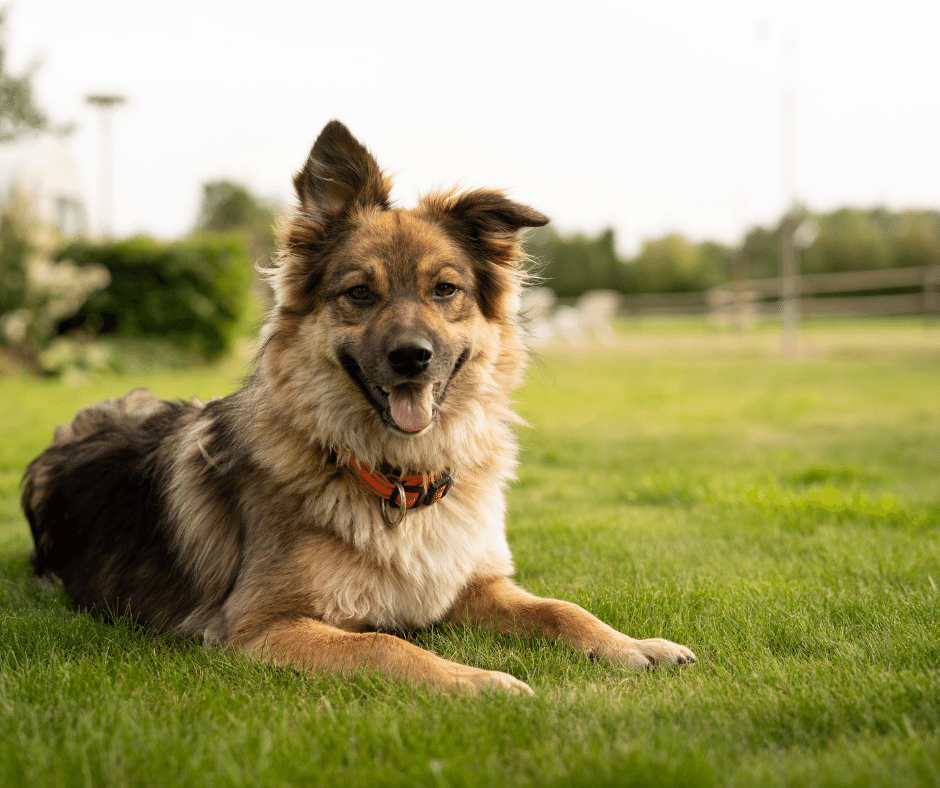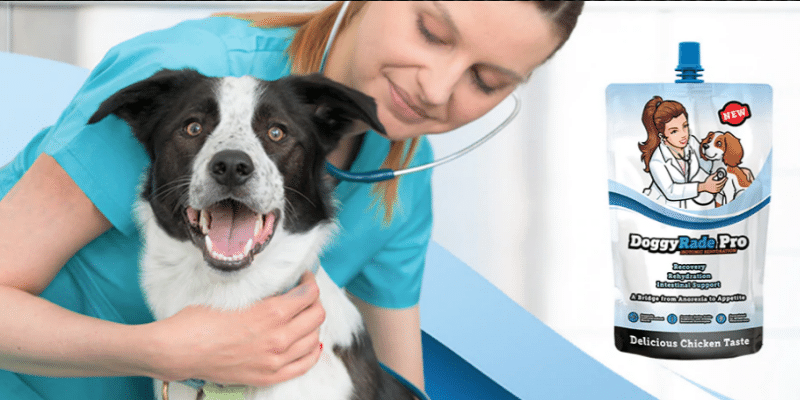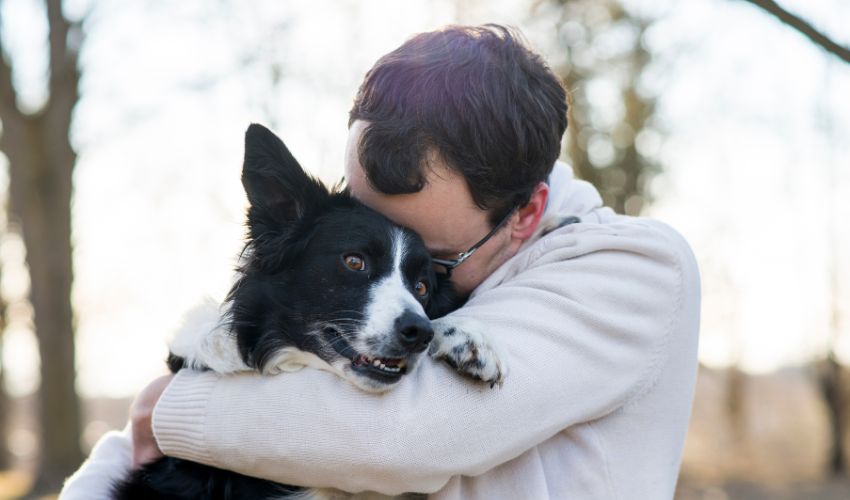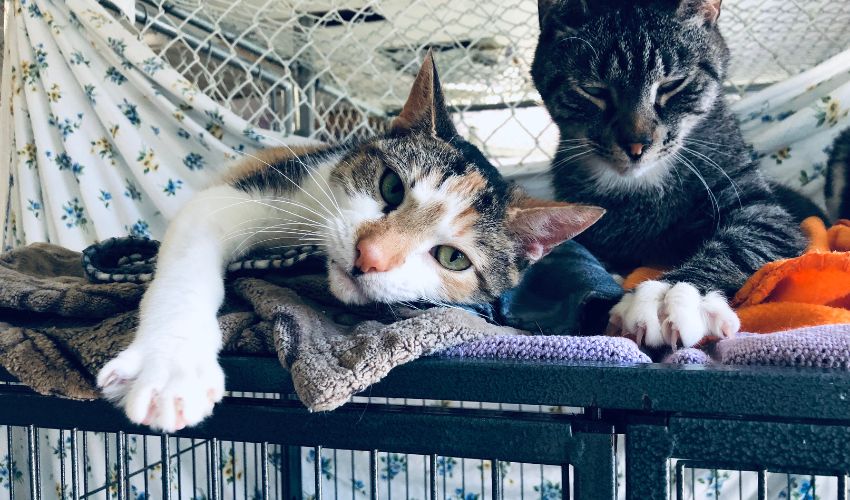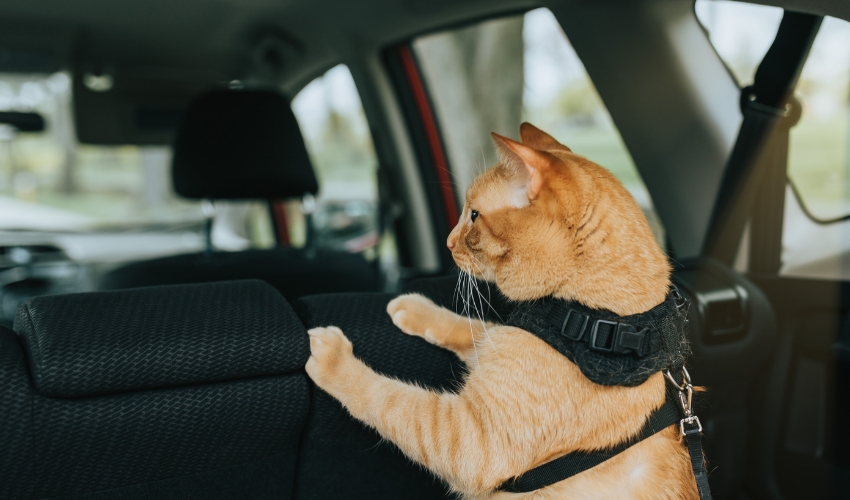What is a Natural Disaster?
Imagine being at home and all of a sudden the ground begins to shake, waters start to rise, or a downpour of rain and wind flood the area. A natural disaster is a naturally occurring event such as a flood, earthquake, or hurricane that causes severe damage or loss of life. In the event of a natural disaster, are you prepared to evacuate yourself, your family, and your pets safely?
Animal Rescue Efforts During A Disaster
 In the event of a natural disaster, typically federal and state governments implement pet relief into emergency planning. Animal rescue teams will go into areas that people are leaving in order to make sure that shelter animals, strays, and personal pets are not left behind defenseless. Oftentimes, these rescue teams will set up pop-up housing stations, each run by rescue organizations in parking lots or department stores for pet owners to temporarily surrender their pets. These pop-ups are largely run by volunteers, and the volunteers will contact shelters in the area to offer support and to collect the animals that need to be placed during the disaster, which can also help prevent euthanizations. In addition to pop-ups, animal rescue teams will go on search-and-rescue missions, receive pet surrenders, and provide emergency medical care to hurt animals.
In the event of a natural disaster, typically federal and state governments implement pet relief into emergency planning. Animal rescue teams will go into areas that people are leaving in order to make sure that shelter animals, strays, and personal pets are not left behind defenseless. Oftentimes, these rescue teams will set up pop-up housing stations, each run by rescue organizations in parking lots or department stores for pet owners to temporarily surrender their pets. These pop-ups are largely run by volunteers, and the volunteers will contact shelters in the area to offer support and to collect the animals that need to be placed during the disaster, which can also help prevent euthanizations. In addition to pop-ups, animal rescue teams will go on search-and-rescue missions, receive pet surrenders, and provide emergency medical care to hurt animals.
During a disaster, animals on the streets, whether they are strays or pets, are often terrified and full of adrenaline. If you happen to encounter an animal, do not corner it, and contact your local animal control authorities.
High Spread of the Distemper Virus


Hurricane Harvey, the hurricane tied with 2005’s Hurricane Katrina as the costliest tropical cyclone to date that impacted Houston and Southeast Texas, spread the Distemper virus widely across the state. According to Marc Peralta, the senior director of National No Kill Advancement at Best Friends Animal Society, of the dogs Best Friends rescued, 116 tested positive for distemper, in addition to thousands of cats rescued by Austin Pets Alive. After Hurricane Harvey, organizations in animal rescue took in multiple cases of Distemper among other disease-ridden animals and created a foster network to house the animals that needed to recover.
The spread of disease is especially great in third-world countries and areas where there are no facilities to treat sicks animals. The presence of contagious pathogens in animals in addition to poor pre-disaster planning will result in the potential for a widespread outbreak of disease. There is a great need for disaster preparedness, not only for strays and shelter animals but also for personal pets.
How to Keep Yourself and Your Pets Healthy During a Disaster
- Wash your hands frequently.
- Do not let your pet lick your face or hands.
- Keep your pet up-to-date on his or her vaccinations before a disaster strikes.
- Do not let your pet interact with other animals or wildlife.
- Report bite wounds to medical personnel immediately or to animal control if your pet was bitten.
- Disinfect pet supplies and bedding regularly.
- Do not allow your pet to play or drink from contaminated water.
- Avoid stagnant water altogether, especially after a flood!
How To Prepare for a Natural Disaster
1. Evacuate as soon as an order has been given, whether mandatory or voluntary. Do not be that person that chooses to stay home and wait out the storm out. If conditions worsen, you and your pets could become trapped with no way out.
2. Microchip your pets with current information. In the event that your pets do become separated from you, they can be identified if they have been microchipped. A microchip is as small as a grain of rice and implanted into the back of your animal, just below the skin. You can update your information online so that when scanned, the microchip contains current contact information and pet health information.
3. Keep travel supplies in your car in case you have to leave at a moment’s notice. Supplies could include a leash, a collar with ID, a harness, a pet carrier, or any other supplies that could be used to flee at a moment’s notice.
4. Assemble a disaster kit for your pet. A disaster kit can be used if you have to evacuate and need supplies for your animals. The kit can include pet food, bowls, water, medications, veterinary records, a litter box, a can opener, a first-aid kit, and any other supplies that may not be available at a later time. It is also suggested to pack a document with your pet’s name and vital information such as behavior problems. Additionally, pack poop bags, cleaning supplies for accidents like paper towels, disinfectant, and photos of your pet in case of separation. Provide the kit to whoever takes the pet, whether it is you, someone in your family, or someone temporarily keeping your pet.
5. MAKE A PLAN! This is one of the most important steps. Your plan doesn’t have to be written or complicated, just make sure everyone in your house knows what to do no matter where you are at the time that disaster strikes. If you are separated from your pet, make sure you know what steps you will take to find them again after you are safe, including contacting local shelters and animal control, and calling your microchip company to see if your pet has been scanned.
Unfortunately, we cannot always predict when a natural disaster is going to strike, but with the proper planning, you can ensure that you, your family, and your pet will all be safe and able to evacuate with the proper tools in place.


